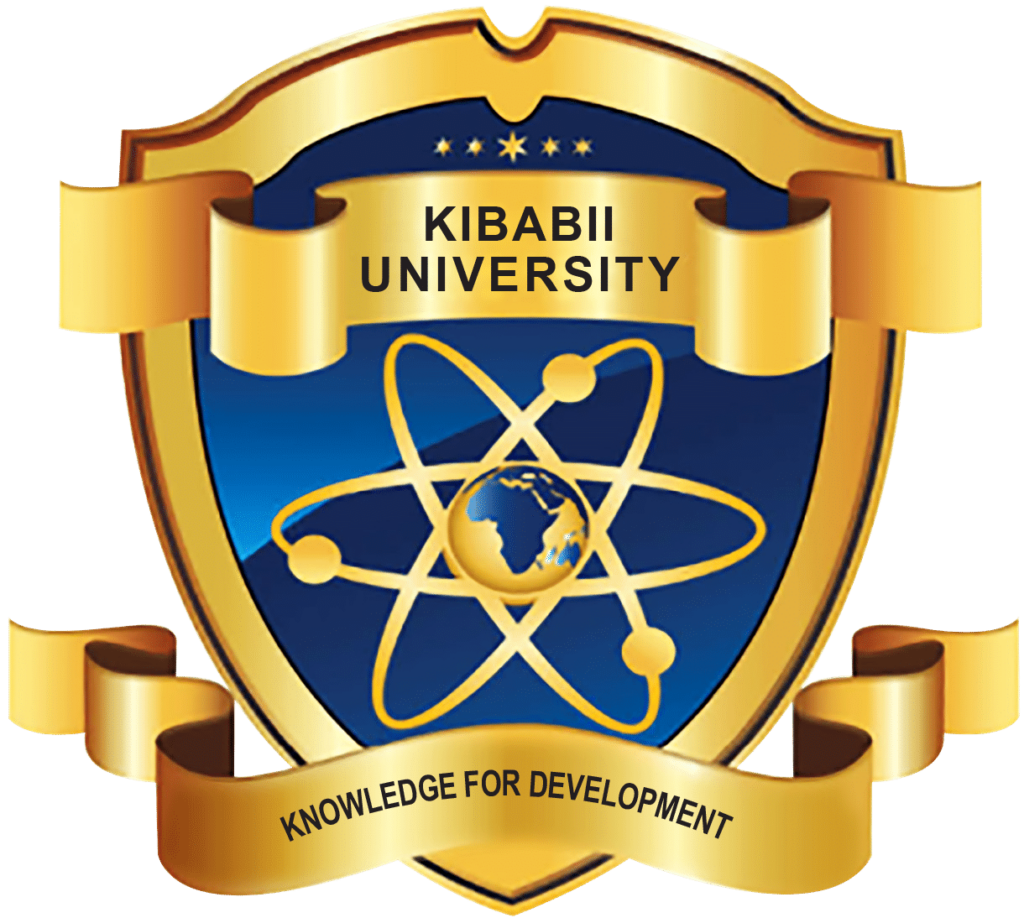Siamba et al
Kibabii University 1st International Conference; June 22-24,2016
Abstract
The microbial world is the largest unexplored reservoir of biodiversity on the earth. It is an important frontier in biology under intensive investigations. The exploration of microbial diversity has been spurred by the fact that microbes are essential for life since they perform numerous functions essential for the biosphere that include nutrient recycling and environmental detoxification. The management and exploitation of microbial diversity has an important role in sustainable development with the industrial and commercial application of microbial diversity worth millions of shillings. Given the heterogeneity of natural environments and the enormous potential of microorganisms to provide novel pharmaceuticals, fine chemicals and new technologies, the biotechnology industry has a vast, largely untapped resource for the discovery of new chemicals and novel processes. However, despite the obvious economic value of microbial diversity, microorganisms have been largely ignored in debates on the conservation and management of global diversity. There is, therefore, an urgent need to persuade policy-maker to be more concerned about the conservation, management and exploitation of microbial diversity. There are a number of reasons why the conservation of microbial diversity has not received the same attention as plants and animals. For example, microorganisms are invisible, less familiar and perceived primarily as agents of disease. With respect to the role of microorganisms in sustainable development, little is known about the potential contribution of microbial diversity to the national economy, to wealth creation and to improvements in the quality of life. An appreciation of these factors might be one way of changing government and public perception of microorganisms by showing that the sustainable use of microbial diversity has positive economic value. This would help justify the costs involved in conserving microbial diversity, but equally provide a useful indicator of the costs of inaction. In terms of the scientific rationale needed to underpin policy, quantification of microbial diversity has been limited. This makes it difficult to indicate what needs to be conserved in order to support the biotechnology industries and to understand fully the interactions between organisms responsible for maintaining a functional ecosystem.
Keywords: Microbial diversity, nutrient recycling, ecosystem functioning, exploration, conservation.

